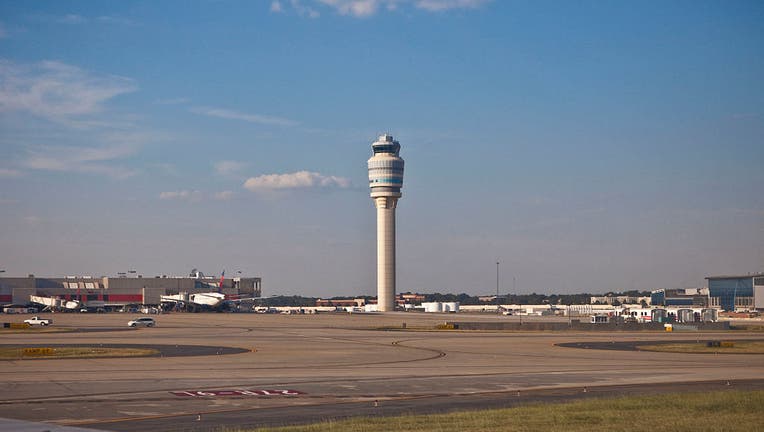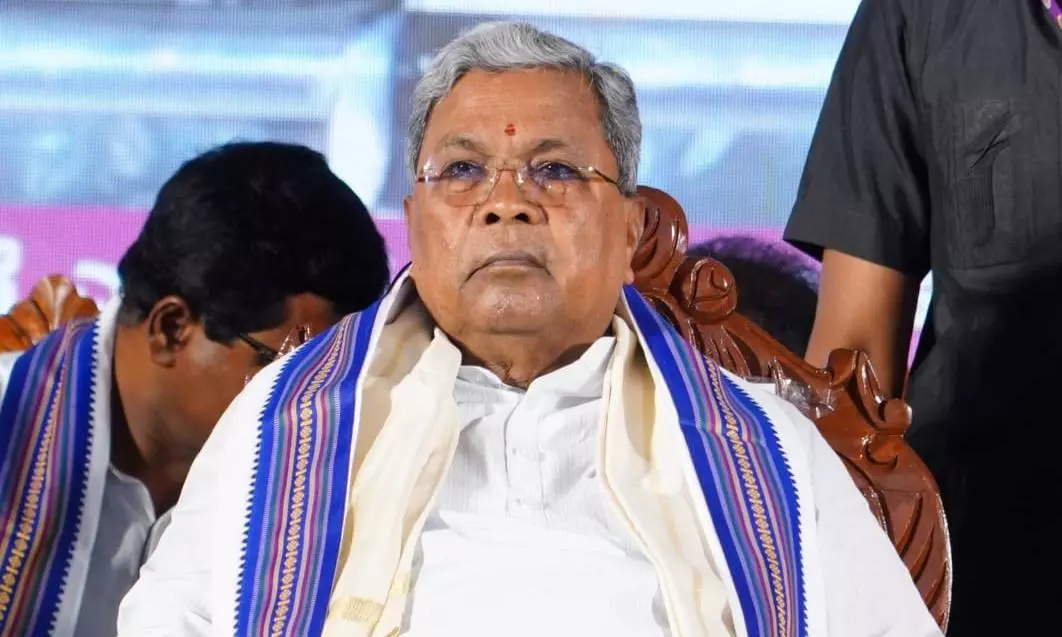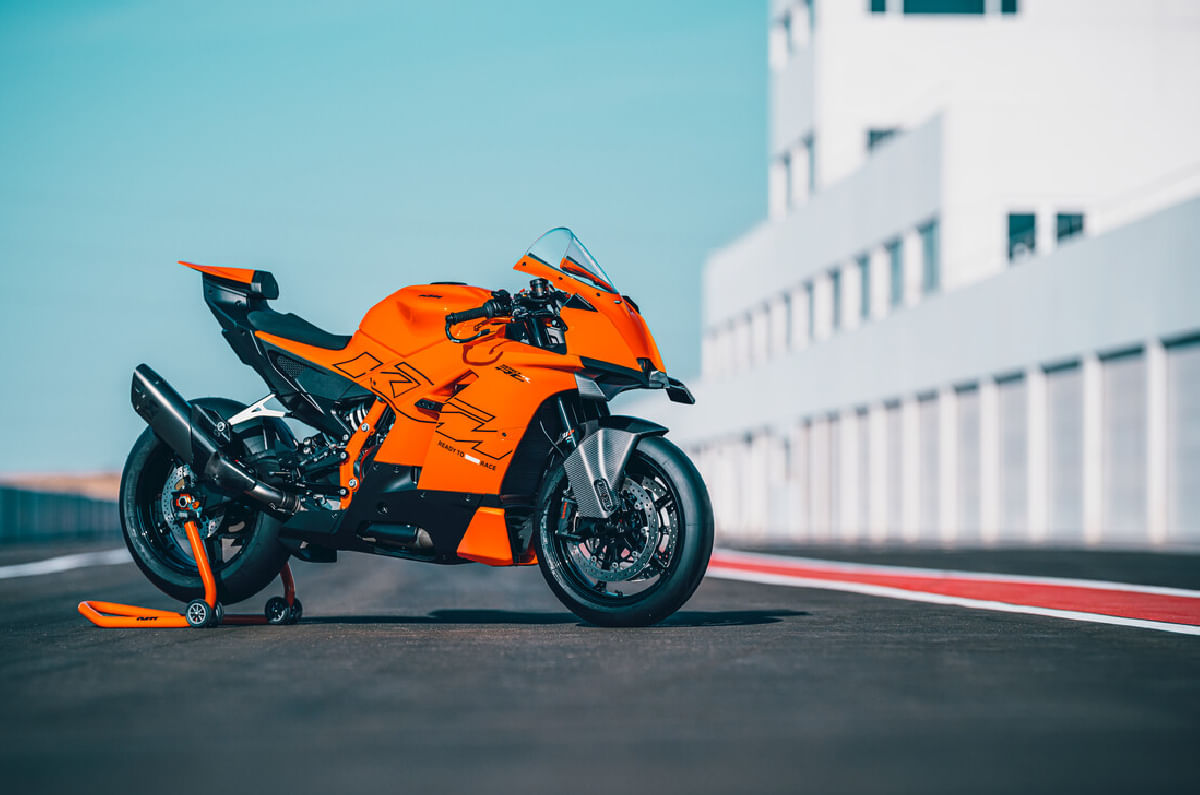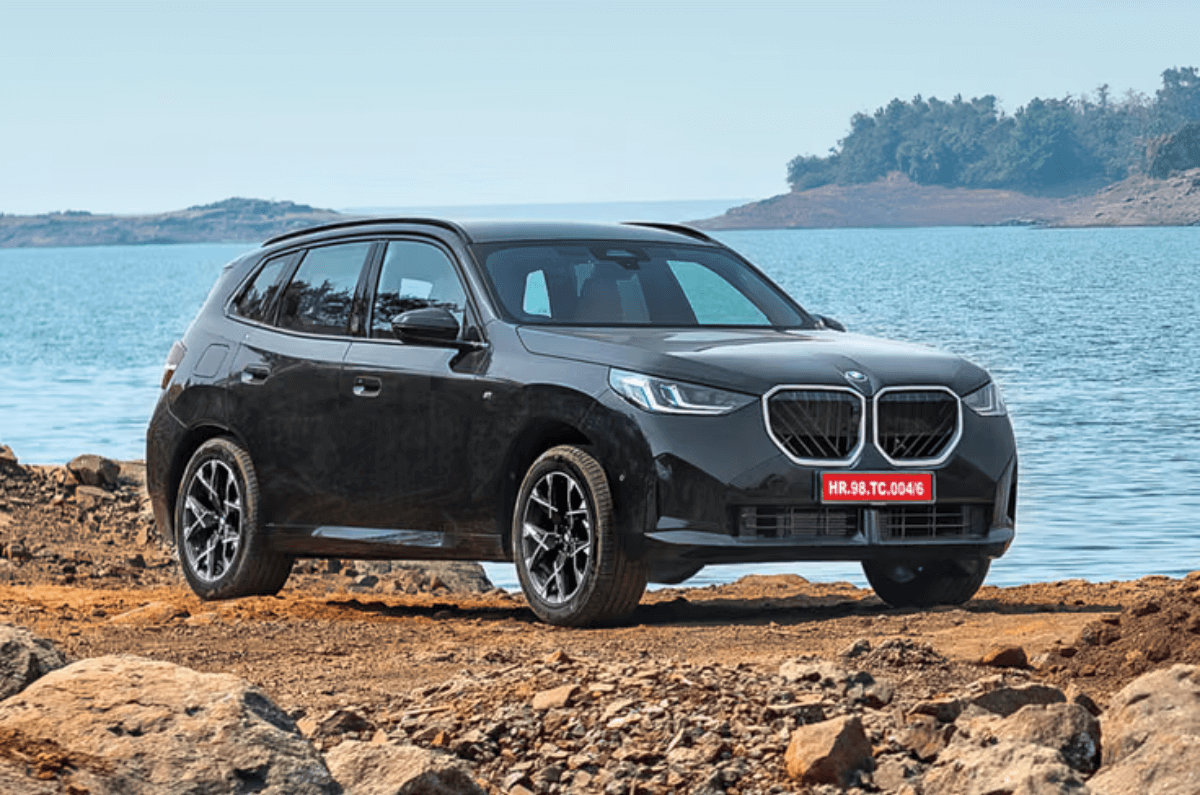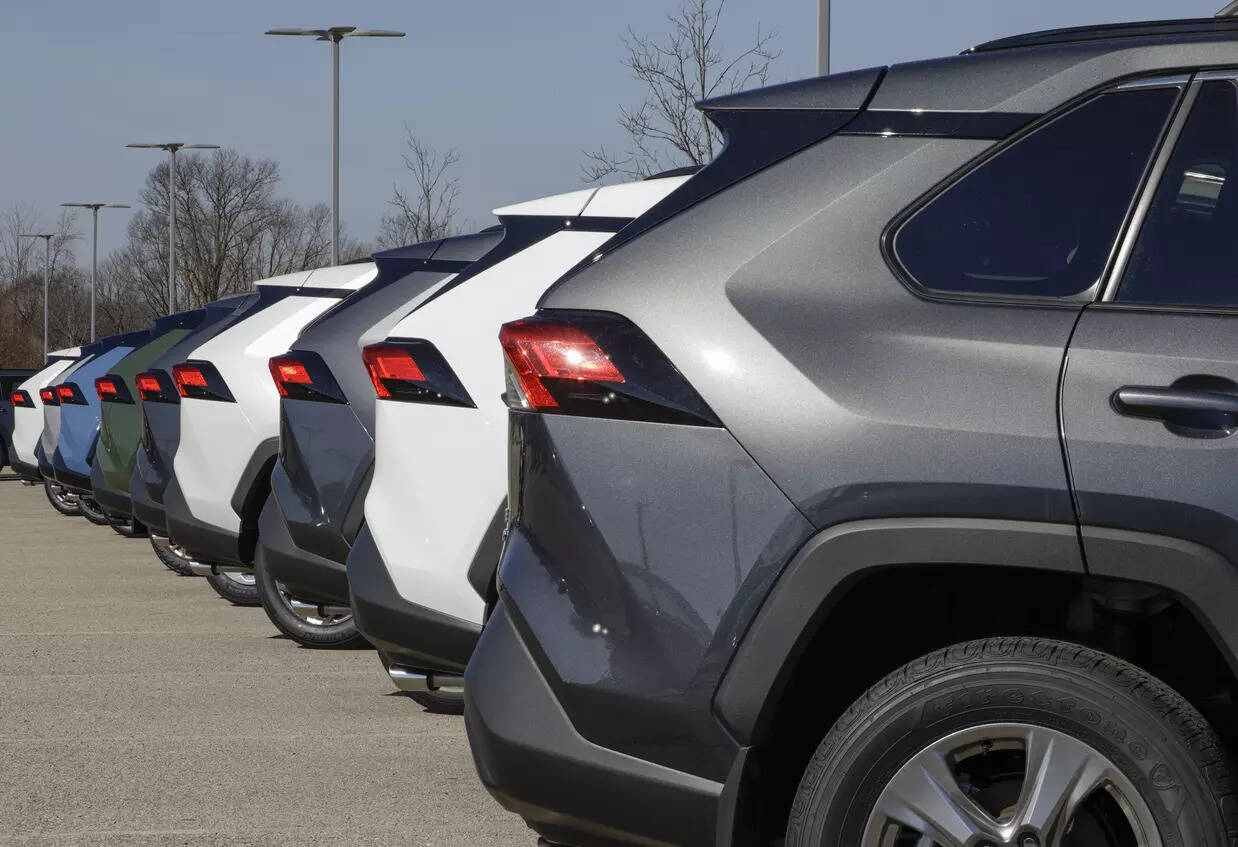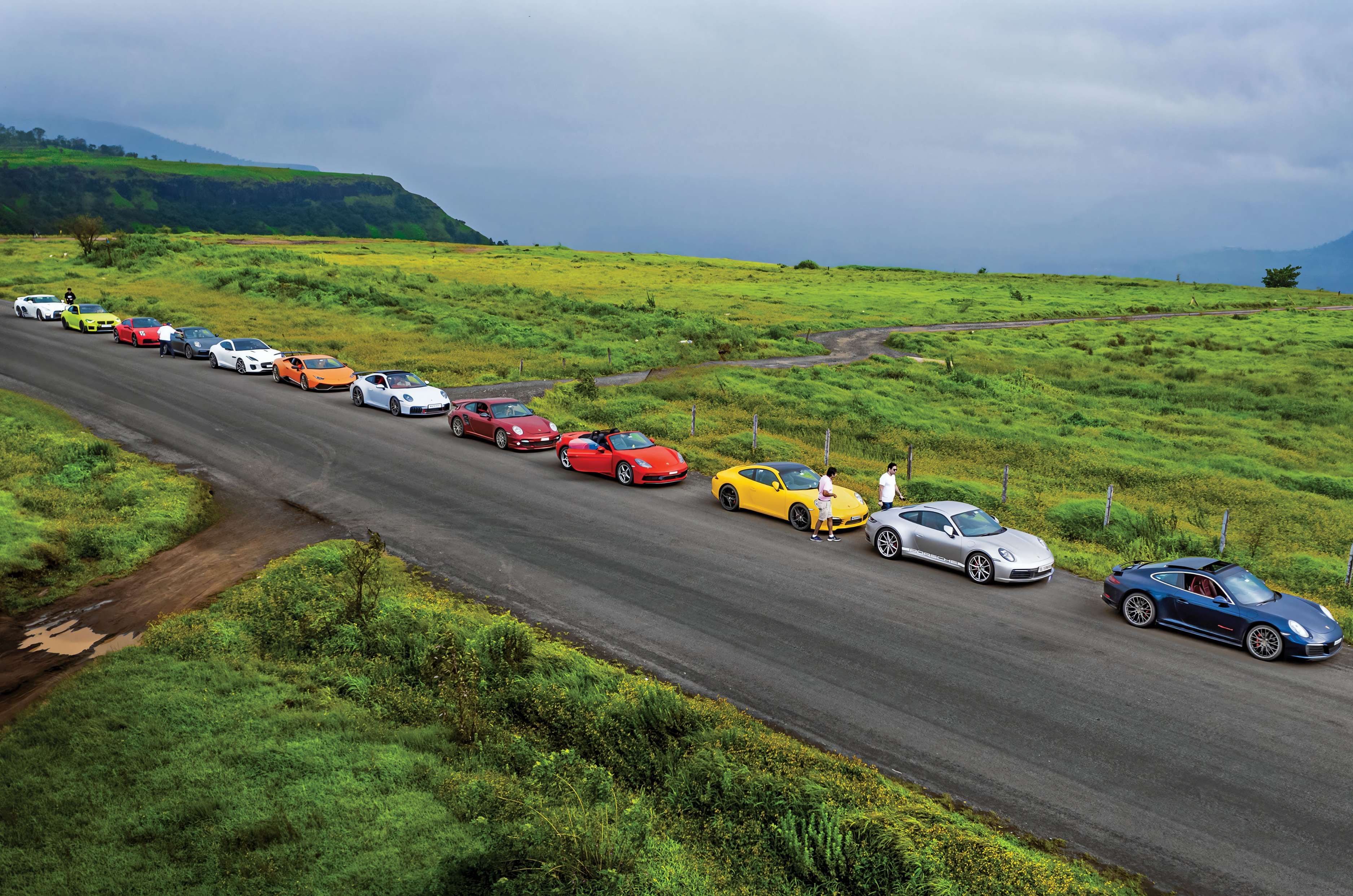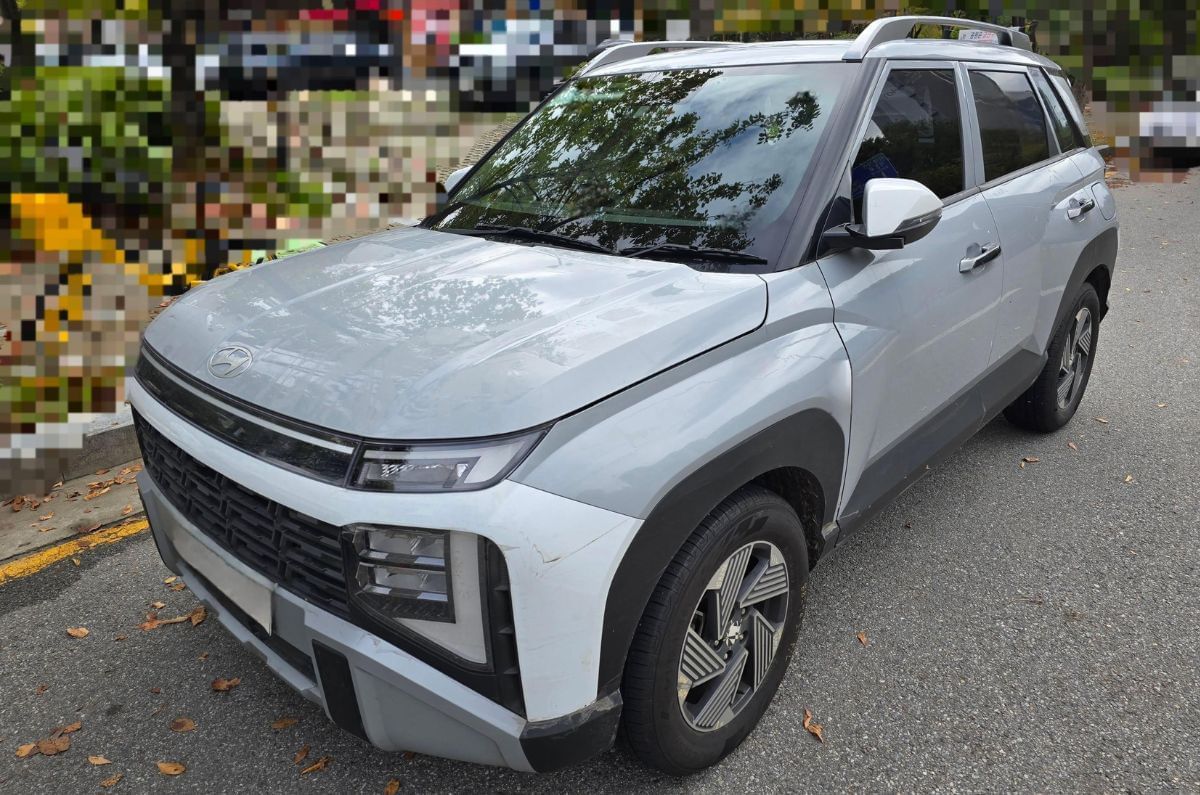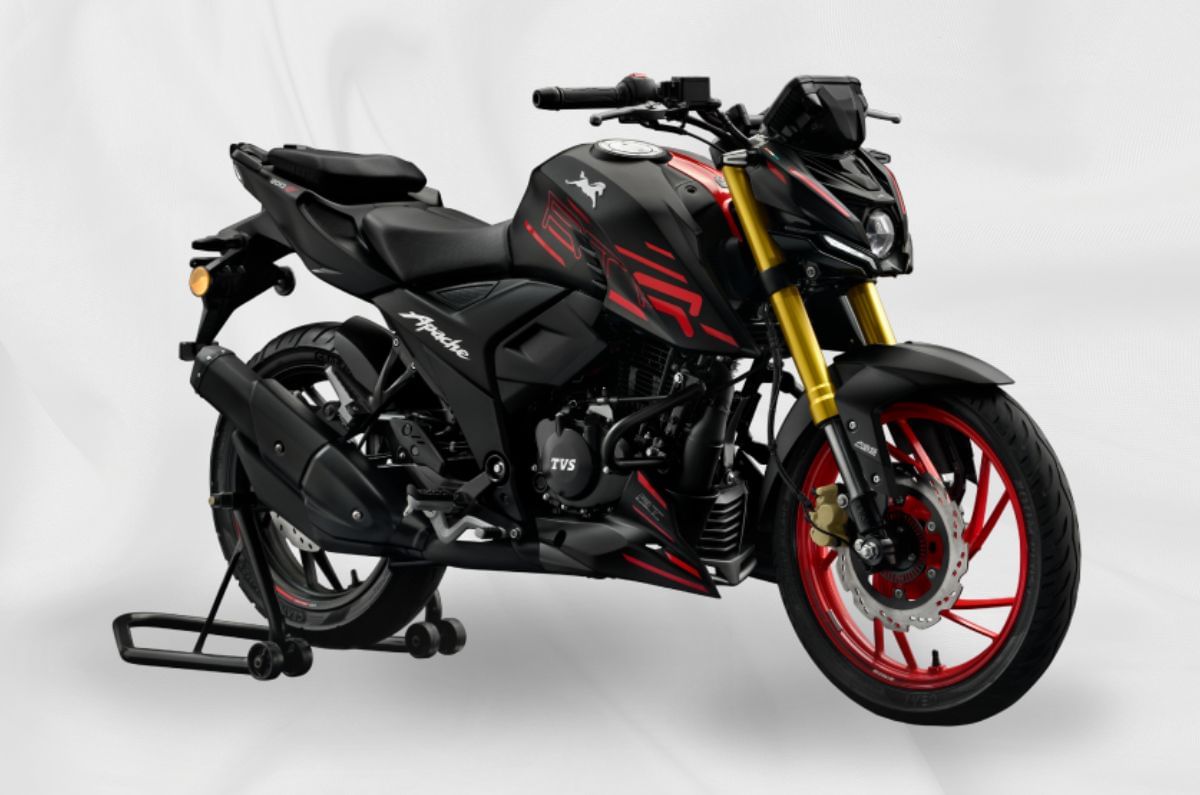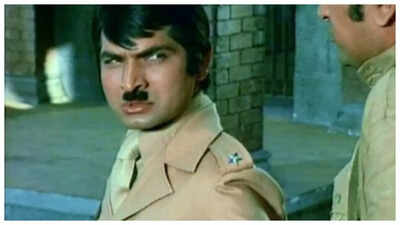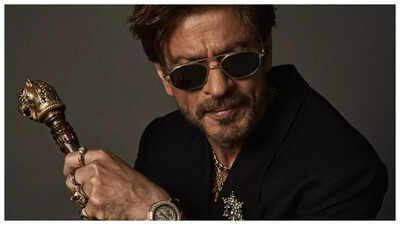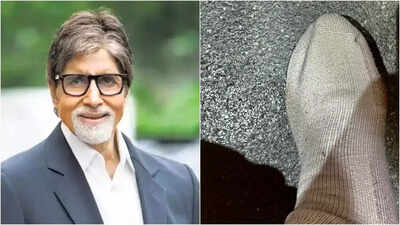)
ILLUSTRATION: AJAY MOHANTY
The Indian government has proposed to provide a duty cut for British automakers in the UK-India free trade agreement (FTA) only if they increase the utilisation of local components in their vehicles to 45 per cent. This demand has encountered resistance from the UK, which prefers to maintain localisation at 25 per cent.
The UK side has also opposed India’s proposal to provide duty cuts for electric vehicles priced above $85,000.
“The UK is hesitant to raise its domestic value addition to 45 per cent, yet they are pressing for substantial duty cuts. Non-adherence to stricter rule of origin could defeat the purpose of the FTA,” senior government officials said.
The ‘rule of origin’ provision within the agreement ensures that a country, which has entered into an FTA with India, cannot introduce goods from a third country into the Indian market solely by rebranding them. They must incorporate a specified value addition in the product to export it to India. The rules of origin standards serve to restrict the influx of dumped goods.
India’s demand for stringent ‘rule of origin’ guidelines stems from the potential risk of British automakers exporting vehicles assembled with components imported from China in the event of any reduction in these requirements.
In the EV segment, the Indian side has proposed a reduction in duty to 85 per cent from 100 per cent for cars priced above $85,000 (Rs 71 lakh).
The UK has asked for a decrease in duties for all EVs to the range of 15-20 per cent. Presently, fully assembled cars exceeding $40,000 (Rs 34 lakh) incur a 100 per cent tax, while those below $40,000 face a 70 per cent charge.
“Domestic manufacturers are against substantial duty reductions. India aims to propose a solution that benefits both sides,” the official said.
Import tariffs for EVs have been steep because the government has been protecting its domestic EV industry, which is a sunrise sector. Besides, another factor is that the government is keen on establishing India as a manufacturing hub, and reducing tariffs could impede progress on this.
Additionally, the UK has requested a Tariff Rate Quota (TRQ) for its cars, seeking to export 1 per cent of India’s total car sales without any duty. “The quantity of cars exported will vary every year depending on India’s sales,” another person aware of the development said.
A tariff rate quota (TRQ) is a two-tiered trade restriction that combines elements of both tariffs and quotas. It’s a hybrid system that allows a certain amount of a good to be imported at a lower tariff rate (in-quota tariff), but once that amount is met, any additional imports are subject to a higher tariff rate (out-quota tariff).
First Published: Dec 21 2023 | 6:46 PM IS




